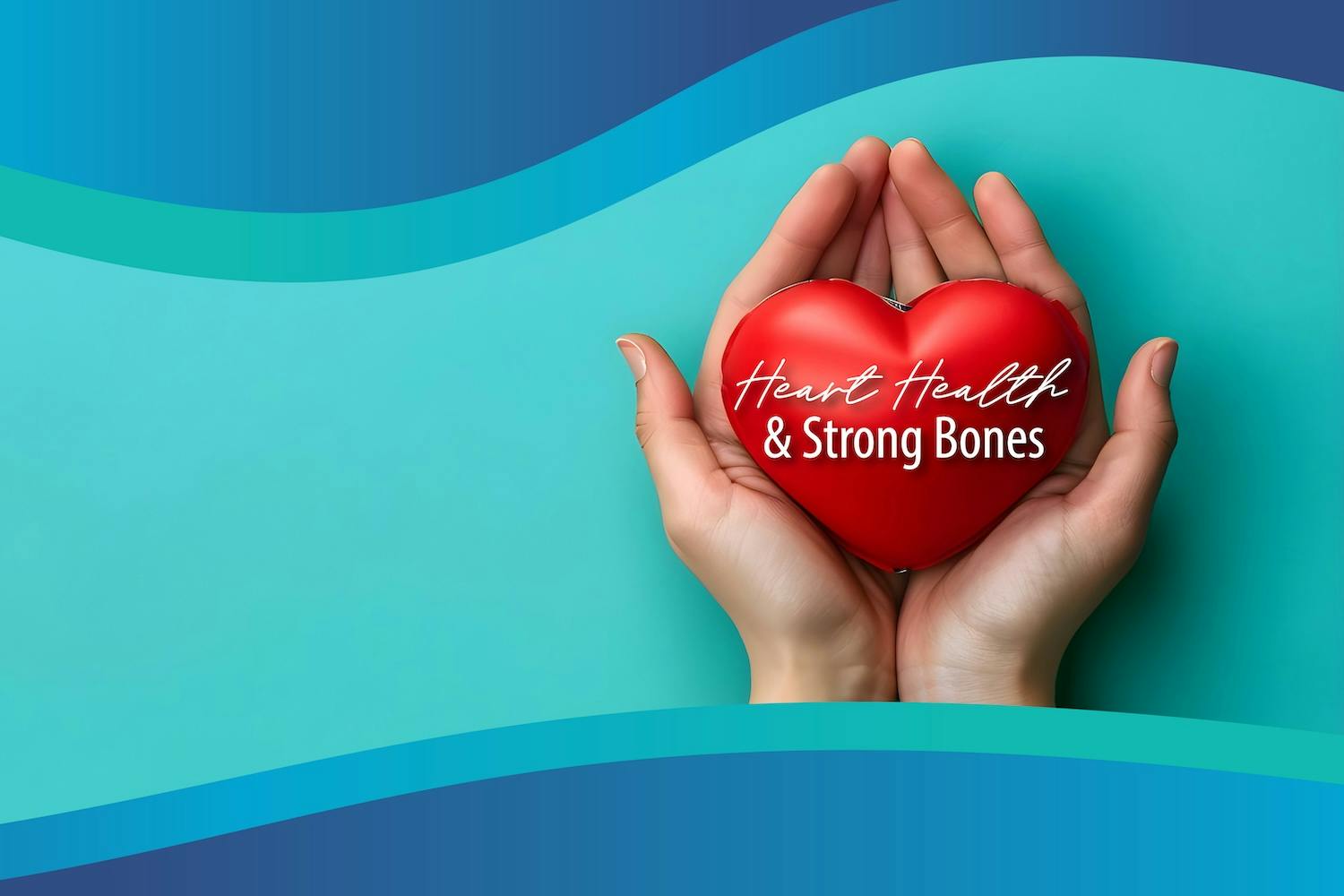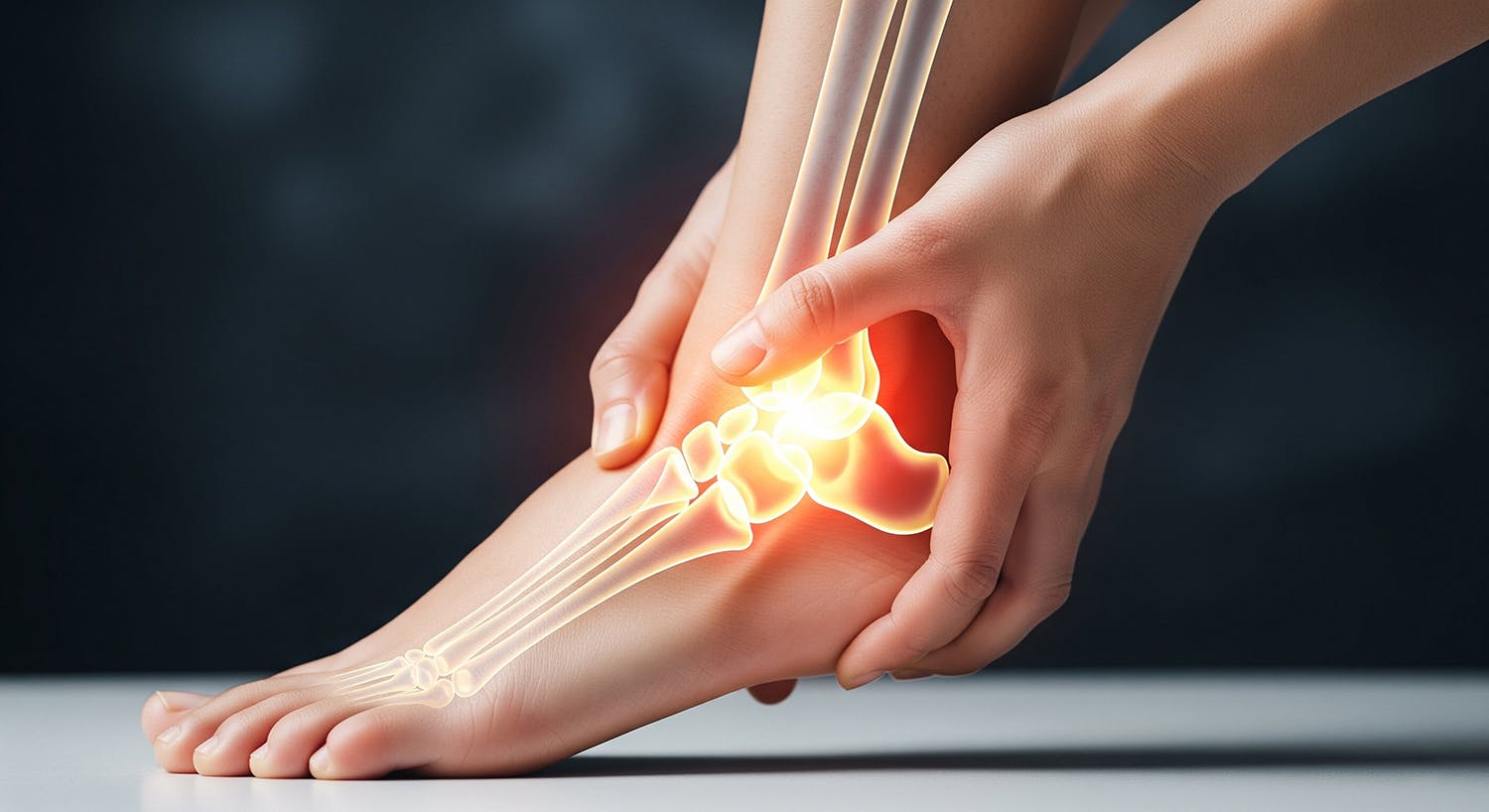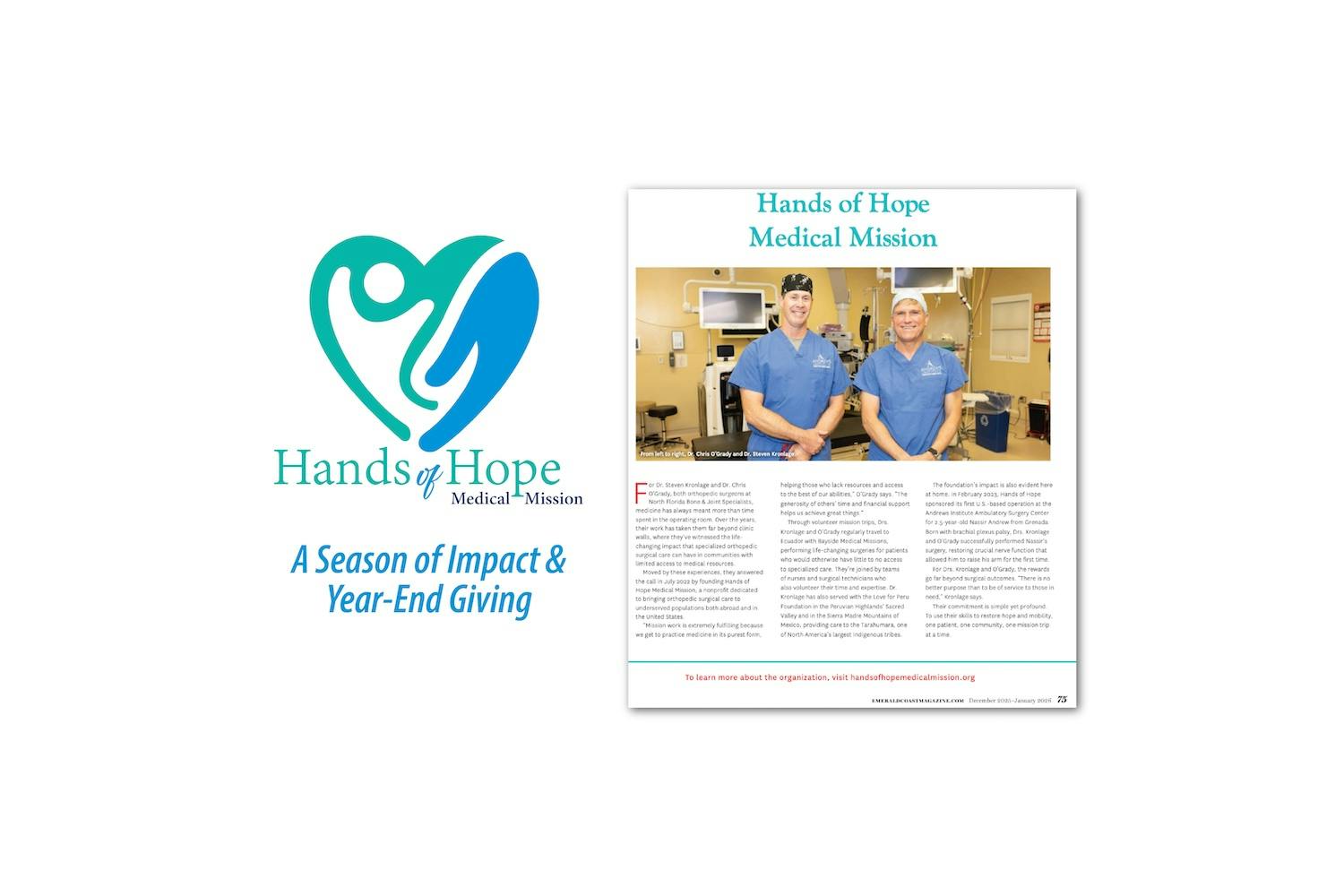- Blog
Heart Health & Strong Bones
Posted on 02-27-2026 in Bone Health, Healthy Eating, Joint Care & Healthy Aging by Dr. Brett Smith

Posted on 02-27-2026 in Bone Health, Healthy Eating, Joint Care & Healthy Aging by Dr. Brett Smith
February is American Heart Month, a time to raise awareness about cardiovascular health and its far-reaching effects. While most people recognize the importance of heart health for longevity and disease prevention, fewer realize its critical role in musculoskeletal well-being. At North Florida Bone & Joint Specialists, we emphasize a comprehensive approach to orthopaedic care, recognizing that a strong heart supports strong bones and joints.
How Cardiovascular Health Impacts Bone and Joint Function
Your heart and bones may seem like separate systems, but they are intricately linked. Here’s how cardiovascular health influences orthopedic wellness:
Heart-Healthy Habits That Strengthen Bones and Joints
Maintaining cardiovascular health isn’t just good for your heart; it’s also essential for keeping your bones and joints in top shape. Incorporate these heart-friendly habits into your lifestyle for better musculoskeletal health:
1. Stay Active with Weight-Bearing Exercises
Regular physical activity, such as walking, jogging, or strength training, enhances heart function and bone density. Weight-bearing exercises stimulate bone growth, reducing the risk of Osteoporosis and fractures.
2. Eat a Nutrient-Rich Diet
A diet rich in heart-healthy nutrients also benefits bone health. Focus on a diet rich in the following:
3. Manage Blood Pressure and Cholesterol
High blood pressure and cholesterol levels can contribute to arterial stiffness, limiting circulation to the bones and joints. Maintain healthy levels through diet, exercise, and regular medical check-ups.
4. Avoid Smoking and Excessive Alcohol Consumption
Smoking and heavy alcohol intake negatively impact both heart and bone health, increasing the risk of Osteoporosis and joint degeneration.
5. Prioritize Regular Check-Ups
Monitoring your cardiovascular and musculoskeletal health through routine check-ups can help detect potential issues early, allowing for timely intervention.
Take the Next Step for Your Joint Health
If you’re experiencing joint pain, stiffness, or mobility challenges, it’s time to prioritize your musculoskeletal health. At North Florida Bone & Joint Specialists, our Total Joint Replacement/Adult Reconstruction Orthopaedic Surgeon specializes in restoring function and relieving pain for patients with joint issues.
Schedule a consultation today by calling the office of Dr. Brett Smith at 850-916-8787 or completing our Online Appointment Request Form to learn more about your treatment options. By taking care of your heart, you’re also investing in the health of your bones and joints, helping ensure a more active, pain-free life.

If you’ve ever sprained your ankle and thought, “this isn’t a big deal…it’s a minor injury,” you’re not alone. Ankle sprains are among the most common musculoskeletal injuries, especially in active adults and athletes. However, for some patients, what begins as a simple sprain becomes a frustrating cycle in which the ankle feels weak, unstable, and prone to “rolling” again and again. Understanding why this happens is the first step toward breaking the cycle and restoring long-term stability.

North Florida Bone & Joint Specialists is honored to share the Hands of Hope Medical Mission feature in the newly released December 2025/January 2026 issue of Emerald Coast Magazine. As part of the Medical Profiles section of this edition, the article highlights how two of our own, Dr. Steven Kronlage and Dr. Chris O'Grady, volunteer their time and talents to bring compassionate orthopaedic care to communities with limited access to medical services.

September is Healthy Aging Month, an observance dedicated to promoting the positive aspects of growing older and encouraging proactive steps toward maintaining long-term health. In its 33rd year, Healthy Aging Month inspires adults of all ages to focus on lifestyle habits that support vitality, independence and overall well-being.